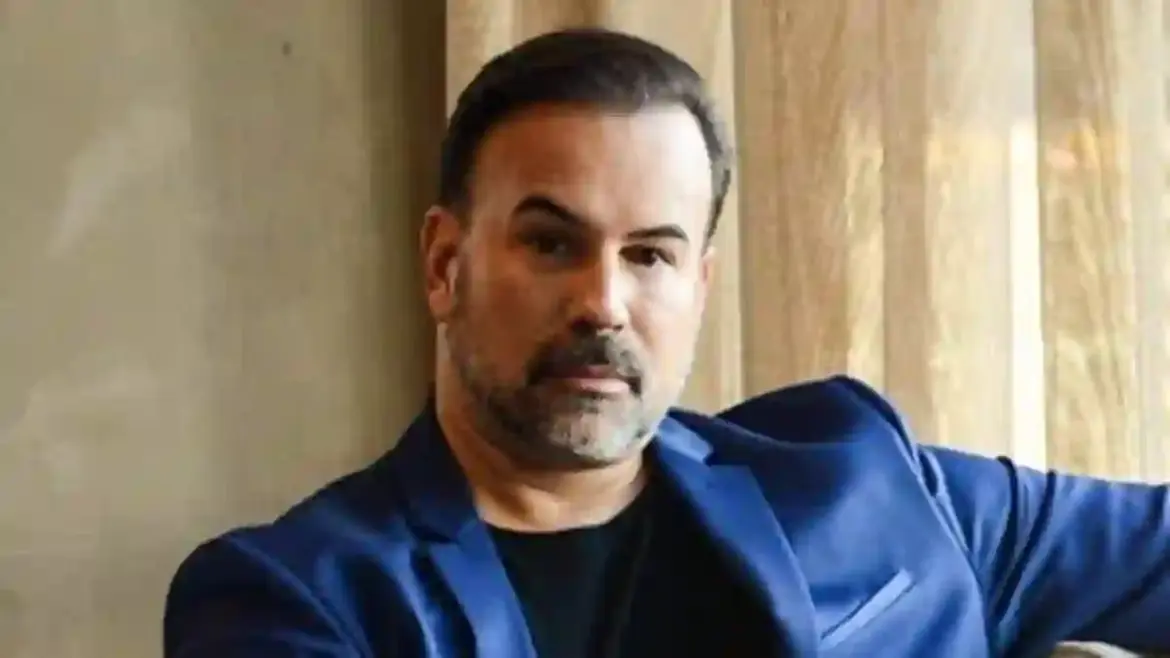Thom BrodeurThe Miss USA pageant is gearing up for a major comeback, with new CEO Thom Brodeur laying out ambitious plans to restore the brand’s reputation after years of controversy.
From reality TV tie-ins to revamped voting systems, Brodeur is determined to bring the glamour back—and win over both contestants and audiences alike.
The pageant has endured a rough few years. In 2023, Noelia Voigt, 25, stepped down from her Miss USA title just seven months after winning to focus on her mental and physical health.
Shortly after, Miss Teen USA, UmaSofia Srivastava, 18, also resigned amid accusations of mistreatment and bullying.
A History of Scandals
These resignations marked the first time in the pageant’s 74-year history that winners forfeited their titles, but the controversies didn’t stop there.
In 2022, a rigging scandal erupted when several contestants, led by former Miss Montana Heather Lee O’Keefe, accused the organization of preselecting R’Bonney Gabriel as the winner.
The scandal triggered online outrage, a documentary, an internal investigation, and the resignation of then-Director Crystle Stewart, whose brand was suspended.
On top of that, 2019 winner Cheslie Kyrst tragically died by suicide, raising questions about the pageant’s support for contestants’ mental health.
Brodeur Steps In With Bold Plans
Now at the helm, Brodeur is eager to bring the pageant back to its glory days, when titleholders were household names and the annual competition was a must-watch event.
“Most people don’t want to run into a burning building,” Brodeur told Daily Mail. “But inside this building, there’s 74 years of very rich history. Tens of thousands of lives have been changed because of this brand. I promised myself that I would dedicate my life to the transformative work this industry does.”
Brodeur envisions making the pageant more than a once-a-year spectacle. He wants viewers to engage with contestants year-round, showing their journeys, struggles, and successes—not just the final pageant night.
Revamping the Pageant Experience
Three major changes are on the horizon under Brodeur’s leadership:
-
Reality TV Integration – Proposed shows would give audiences an inside look at contestants’ lives, similar to Netflix documentaries like the Dallas Cowboys cheerleaders series.
-
Fan Voting and Transparency – Scoring will be displayed on-screen again, and the controversial selection committee that could override judges’ decisions will be eliminated.
-
Expanded Digital Access – Brodeur aims to bring the pageant to streaming platforms like NBC’s Peacock and Bravo, making it easier for audiences to watch without cable.
“People aren’t watching cable television anymore,” he said. “We have to meet the audience where they are.”
Focusing on Contestant Wellbeing
Brodeur is prioritizing mental health and wellness programs for contestants, bringing in psychotherapist Elisa Banks-Lovely and co-National Director Laura Clark, known for her work with the Still She Rose initiative.
The goal is to support titleholders physically, mentally, and emotionally throughout the competition.
Cheslie Kyrst’s mother, April Simpkins, praised the new leadership: “I’m excited to see what’s in store.
Thom and Elisa are dedicated to helping these young women succeed and feel supported.”
Restoring Trust and Integrity
One of Brodeur’s first moves was to dissolve the pageant’s NDAs and ensure contestants can speak freely about their experiences.
He’s also committed to transparency and fairness, aiming to rebuild trust with both participants and fans.
“If we can’t communicate clearly with our judges and contestants, that’s a failure on us,” Brodeur said.
“If you have nothing to hide, don’t. The centerpiece has to be the women we are responsible for nurturing.”
A Vision for the Future
Brodeur’s vision is clear: the Miss USA pageant should be both a career-launching platform and a supportive community.
Contestants invest significant time and money—up to $130,000 over several years—into competing, and Brodeur wants them to leave feeling empowered and celebrated.
“I want the stamp for my leadership team to be: They walked into a burning building, saved the building, saved the family heirlooms, and no lives were lost,” he said.
With Brodeur at the helm, the Miss USA pageant is aiming not just to reclaim its former glory but to create a modern, engaging, and transparent experience that honors contestants and keeps audiences hooked year-round.
